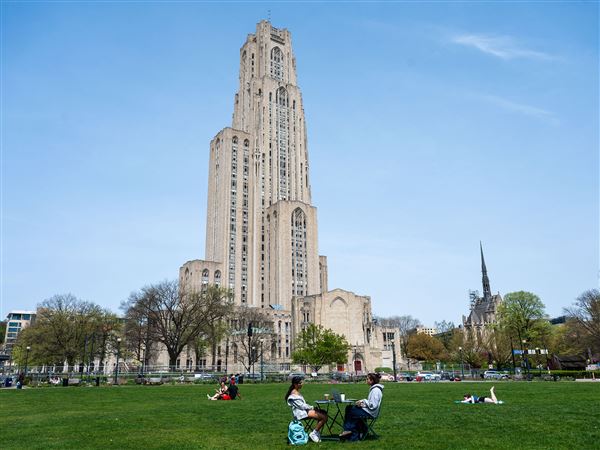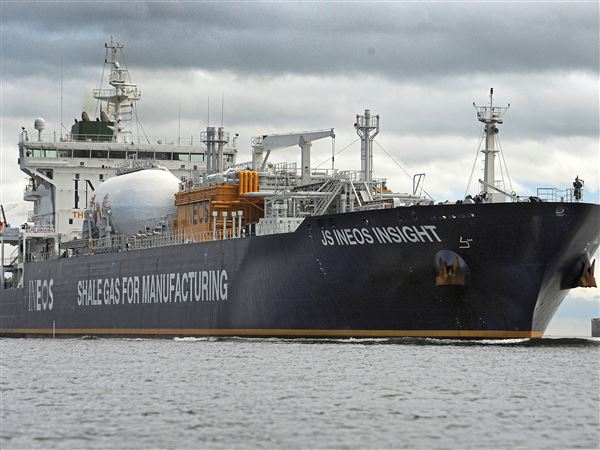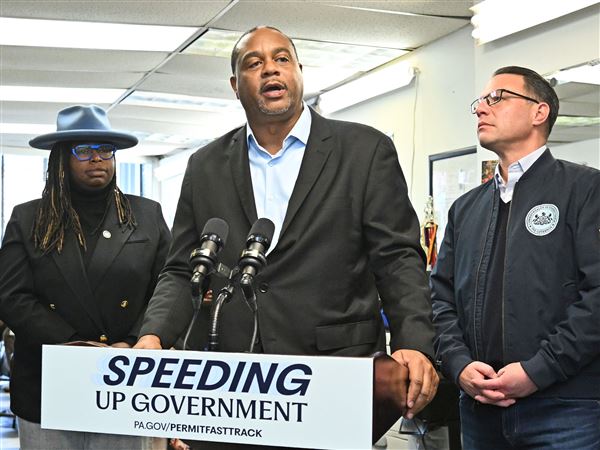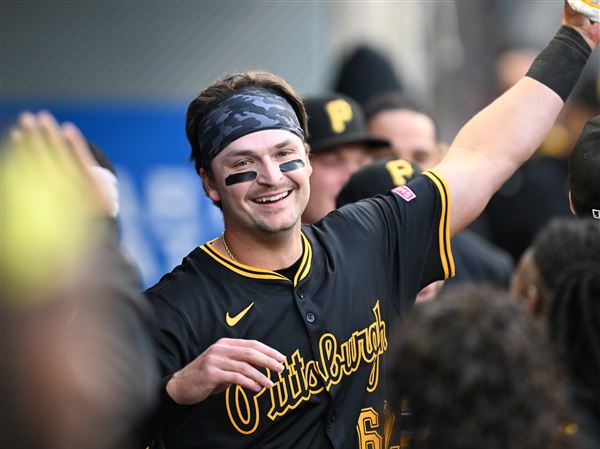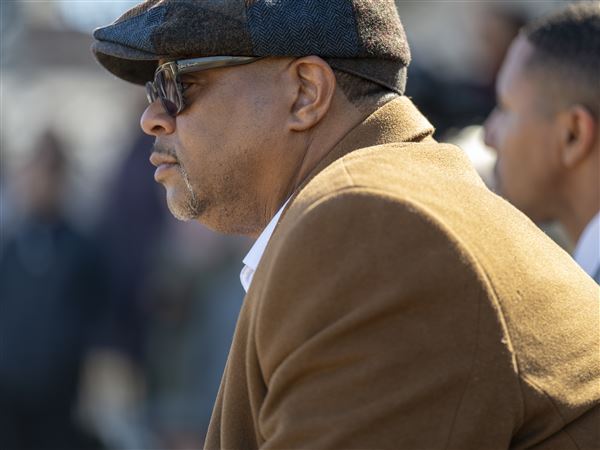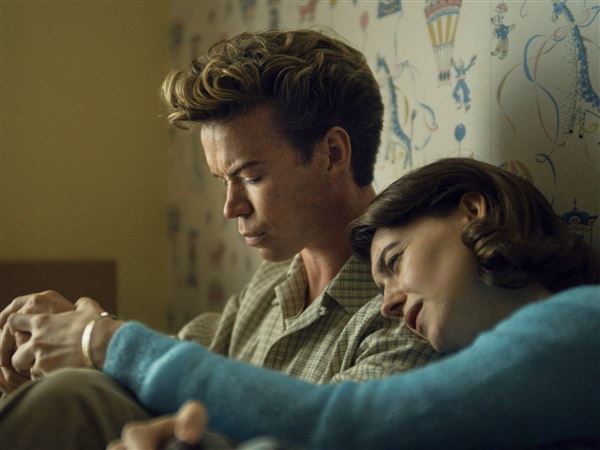WASHINGTON -- Merv Griffin, a veteran talk-show host who created an empire of entertainment businesses, most notably as producer of the long-running game shows "Wheel of Fortune" and "Jeopardy!," died of prostate cancer yesterday at Cedars-Sinai Medical Center in Los Angeles. He was 82.
Mr. Griffin was one of the most unlikely but enduring show-business figures of his generation. A serviceable baritone who once had a novelty recording hit with "I've Got a Lovely Bunch of Coconuts," he parlayed his chatty personality and astute business sense into almost unparalleled TV success. Eventually, he leapt beyond television hosting and production to amass such holdings as casinos, hotels, radio stations and thoroughbred racehorses, making him a billionaire.
After serving as emcee of talk and quiz programs, he became a national face as host of "The Merv Griffin Show," which ended its 23-year run in 1986. The popular program, which featured celebrity interviews and performances, was never shown in reruns, which limited his reach only to those who saw it as it aired.
Merv Griffin Enterprises -- responsible for producing such shows as "Jeopardy!" (launched in 1964), "Wheel of Fortune" (1975) and the disco dance program "Dance Fever" (1979) -- proved his most influential contribution to pop culture.
"Those syndicated Merv Griffin programs have fully penetrated American culture," said Robert Thompson, founding director of the Bleier Center for Television and Popular Culture at Syracuse University. "He was a producer who understood how those kinds of programs worked with viewers. We tend to be watching those types of shows when diapering a child or preparing a meal or preparing for the chaos of everyone coming home in the afternoon."
Mervyn Edward Griffin Jr., whose father was a stockbroker, was born July 6, 1925, in San Mateo, Calif., south of San Francisco.
He showed an aptitude for music as a child. An aunt taught him piano, and by age 10 he was playing the pipe organ and singing in churches. At 19, he abandoned college studies to enter show business.
He joined Freddy Martin's big band in 1948, and with that orchestra, his bouncy recording of "I've Got a Lovely Bunch of Coconuts" sold 3 million copies in 1950.
He appeared on Mr. Martin's musical variety TV show before breaking away for a solo career.
While maintaining an active recording schedule, he made numerous guest appearances on radio and television.
After host Jack Paar left NBC's "The Tonight Show" in 1962, Mr. Griffin served in his place for several weeks until Johnny Carson took over. As a reward, the network gave Mr. Griffin his first self-titled chat show, a daytime program that lasted just a year because of low ratings.
In 1965, he accepted an offer from the Westinghouse Broadcasting Co. to host the syndicated "Merv Griffin Show" with Arthur Treacher, an English actor known for playing movie butlers, as his sidekick.
Mr. Griffin highlighted theater and cafe performers over Hollywood actors. He also brought on cellist Pablo Casals and Soviet diplomat Nikolai Fedorenko. Mr. Griffin also interviewed activist Abbie Hoffman -- whose American-flag shirt was deemed offensive by CBS censors and was blurred.
After his first talk show was scuttled, Mr. Griffin was quick to recognize that he would not always be a viable on-camera personality.
This led to his increasing role as a producer of game shows. Mr. Griffin told the Miami Herald last year: " 'Jeopardy!' came after the big quiz-show scandals of the 1950s. I wanted to get a game show on the air, but the networks wouldn't touch them. My wife said, 'Why don't you do a show where you give the contestants the answers?' ... So there it was -- 'Jeopardy!' -- we give you the answer and you come up with the question."
In 1986, Mr. Griffin sold Merv Griffin Enterprises to Coca-Cola's Columbia Pictures television unit for $250 million, and he negotiated a deal to allow him to retain some profits while maintaining the title of executive producer of "Wheel of Fortune" and "Jeopardy!"
He also had become involved in real estate investments. He bought the Beverly Hilton Hotel in 1987 for $100.2 million after losing his first choice, the Beverly Hills Hotel, to the Sultan of Brunei.
The next year, he paid $365 million to Donald Trump for the Resorts International casino company in Atlantic City before the hotel's enormous debt almost led him to file for bankruptcy; he later sold the casino.
His holdings also included radio stations and closed-circuit TV systems at dozens of racetracks nationwide.
He also bred racehorses and had a winery at his ranch in California's Monterey Peninsula.
His marriage to Julann Wright Griffin ended in divorce in the mid-1970s. He told the New York Times in 2005 that he was happy for the time being.
"I've got great energy, and I've got all of my hair," he said before suggesting an appropriate tombstone epitaph: "I will not be right back after these messages."
First Published: August 13, 2007, 3:00 a.m.
